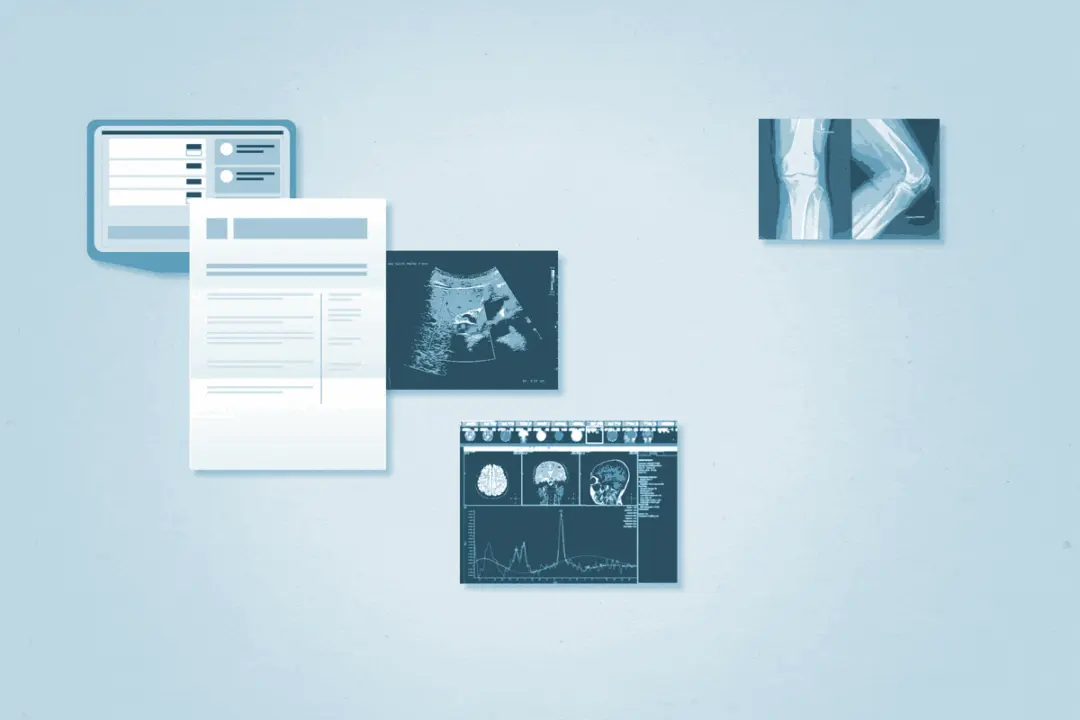The escalating trend of early-onset Type 2 diabetes brings a hidden peril: Those living longer with the disease show signs of brain structure changes, potentially setting the stage for cognitive challenges such as dementia at younger ages.
The Silent Effects of Type 2 Diabetes on Brain Health
Most think of blood sugar charts and insulin injections when “diabetes” comes to mind. Yet, this condition has broader implications—particularly on the brain.A recent study on Pima American Indians—known for their high rates of Type 2 diabetes—revealed unsettling results. Those with long-term diabetes showed significant brain changes, such as decreased cortical thickness and an increase in white matter hyperintensities, often linked to early dementia signs.






